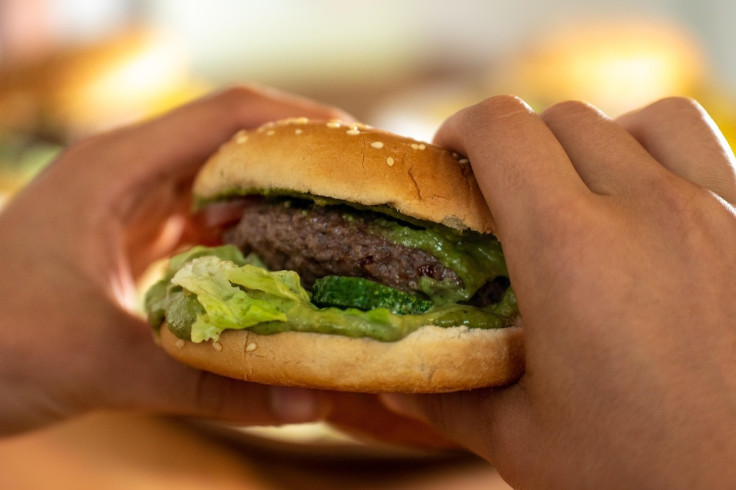'Blanket Ban' On Junk Food Ads In South Australia Sparks Debate

The Australian Association of National Advertisers (AANA) has strongly criticized a new public health policy in South Australia that will ban advertisements for foods like ham salad sandwiches from public transport.
The AANA, which opposes all advertising bans on food and beverages, argues that the policy lacks nuance and calls for a "science-based approach" instead. It recommended using nutrient profiling scoring to determine which foods should be restricted, News.com reported.
The industry body warns the "blanket ban" could negatively impact charities and businesses alike.
"As it stands, this policy bans all processed meats, which means a simple ham salad sandwich can't be advertised." AANA CEO Josh Faulks said. "This simply doesn't make sense and the government should be making evidence-based decisions, not blanket bans that don't align with nutritional science."
Health Minister Chris Picton, however, defended the policy, calling AANA's criticism "scaremongering" and accusing the group of spreading misinformation about what he described as a "common sense policy."
Ad ban effective from July 1
Coming into effect on July 1, the policy will ban advertisements for a wide range of food and drink products deemed unhealthy from appearing on Adelaide's buses, trains, and trams. The list includes chocolate, lollies, confectionery, desserts, ice creams, soft drinks, chips, and processed meats like ham.
However, generic and unbranded depictions of food and drinks will still be allowed, even if the items shown are considered unhealthy. This exception aims to reduce unintended censorship while still limiting promotional influence.
The move is part of a broader strategy to combat obesity by reducing children's exposure to junk food advertising.
Government figures show that 63% of adults and 35% of children in South Australia are overweight or obese. Public health advocates argue that limiting advertising for unhealthy foods is a practical measure to address the issue.
The ban has the support of Preventative Health SA and the Cancer Council, both of which have cited strong links between processed meats and cancer risk. In 2022, the Cancer Council warned parents against including cold, processed meats in children's school lunches due to links with bowel and stomach cancer.
Australian paediatric nutritionist Susie Burrell said the policy is no surprise, following growing concern among health experts over processed meat in children's diets. However, she believes banning ham sandwiches from ads goes too far.
She urged that a ham sandwich was totally fine in a child's lunchbox and shouldn't be the main concern for childhood obesity.
Burrell explained that the overall dietary pattern is more important than individual items. A child eating a ham sandwich on wholegrain bread, alongside plenty of fruits and vegetables and minimal processed foods, faces far less health risk than one consuming large amounts of processed meat in a high-fat diet.
She urged food manufacturers to focus on developing healthier alternatives rather than adding more stress to parents over what their children should or shouldn't eat.
While the Australian Dietary Guidelines classify processed meats as discretionary foods -- to be eaten only occasionally -- AANA maintains that banning all advertising for such products is an overreach.
© Copyright 2025 IBTimes AU. All rights reserved.





















